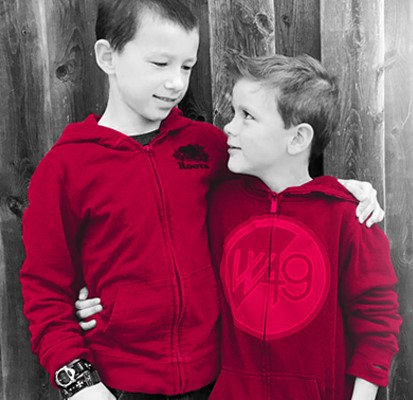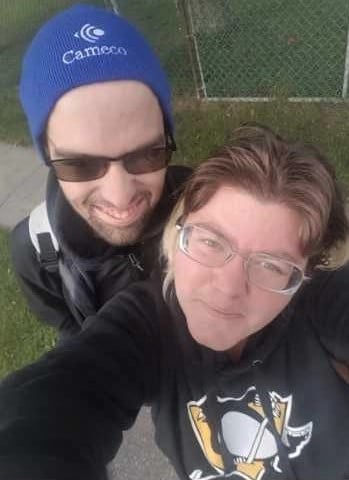During a seizure, 9 year old Joshua relied on his MedicAlert ID
Like many nine-year-old boys, Joshua is curious and energetic, funny and cheeky. He loves to build, create and figure out how things work. But unlike most boys his age, he has a special condition called pulmonary atresia, a complex heart defect.
 This has meant four open-heart surgeries and five cardiac catheterizations in his young life. During one procedure, a small blood clot travelled to his brain, causing a stroke. As a result, he now also has a form of epilepsy that leaves him unable to speak during a seizure.
This has meant four open-heart surgeries and five cardiac catheterizations in his young life. During one procedure, a small blood clot travelled to his brain, causing a stroke. As a result, he now also has a form of epilepsy that leaves him unable to speak during a seizure.
Fearing that emergency responders wouldn't know his medical conditions if his family wasn't able to speak for him, Joshua's parents, Laurie and Tim, signed him up for a MedicAlert service plan and received a free MedicAlert bracelet through the No Child Without program. No Child Without is a charitable program supported by donations from MedicAlert that gives free protection to children between the ages of 4 and 14 who attend participating public and Catholic schools.
"We were told quite early on by our cardiologist that if anything ever happened, and we were not with him to be his voice, that people around him needed to know about his sensitive heart condition, and act quickly to help him." explains Laurie from her Toronto home, adding that both his medical conditions are inscribed on the back of his distinctive MedicAlert sports band ID.

However, while she got him the bracelet to give herself peace of mind, Joshua, although only 9 years old, saw Canada's most trusted medical ID as more than a response to an emergency; he saw it as his second voice.
Recently while at school, Joshua's teacher noticed that he had gone unusually quiet and appeared to be crying and tears trickled from his big blue eyes. When she approached him, he wouldn't talk to her.
"In her mind, he wouldn't tell her what was wrong, but in reality he just couldn't tell her," says Laurie, explaining that his seizures are localized and don't present as a typical seizure. "So she got down close to his level and asked him again what was wrong. He bravely pointed to his mouth and pointed to his bracelet and she was then able to quickly put together that he was having a seizure and immediately got him the help he needed."
"I had no idea that he saw it as a communication tool. It put my mind at ease that the MedicAlert bracelet meant people could help him, when I couldn't be around. I never imagined that he would use his MedicAlert ID to communicate."
Joshua's seven-year-old brother, Kaleb, also wears a MedicAlert bracelet because of an anaphylactic allergy to peanuts. Laurie says that he too has used the bracelet as a tool — in this case an educational tool during school show and tell presentations. Not only did Kaleb teach his class about food allergies but also his teachers.
"I always thought of their MedicAlert bracelets as something they both just had to wear," says Laurie. "But both boys have taught me that they are tools and that they're not just something on their wrist for emergency responders to see."
"So, thank you. Thanks for being available for us and people like us who need the extra help."
Editor's note:
Laurie shared her story with MedicAlert shortly after Joshua's incident at school. Thank you Laurie for sharing this great story of your two young boys!
Are you a MedicAlert subscriber and would like to share your story? We would love to hear from you! Share your story.



